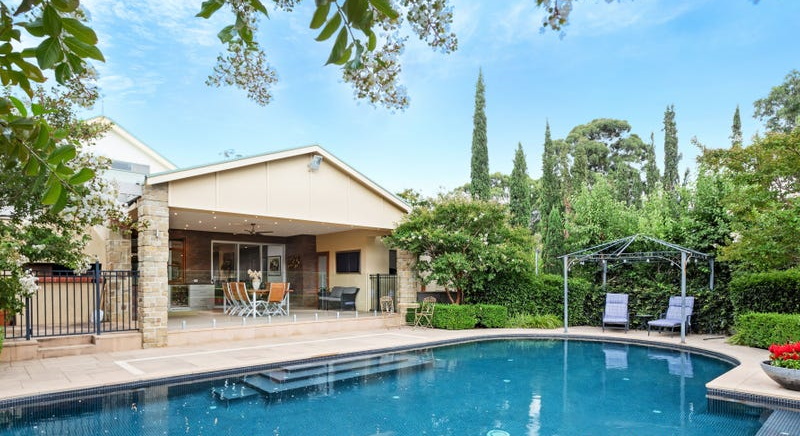THE KEY CONSIDERATIONS FOR BUYING A POOL PUMP

If you're considering purchasing a pool pump, it's advisable to conduct your research before going shopping. You'll need to consider various aspects, including size, energy rating, functionality, and noise, to choose the most effective pump for your pool or spa. But after reading our guide, you'll be an expert on pool pumps!
Pool size
The size of your pool in liters, or how much water is in your swimming pool, is an important factor. Calculate your pool's flow rate per hour, expressed in liters per minute. This is necessary to determine whether the pool pump is compatible with the size of your pool.
The smallest pump size (lowest wattage) is typically not the greatest option for your pool or spa because an undersized pump won't work efficiently, increasing the risk of damage and an unclean pool. You might save $50 right away, but running it will cost you much more each year. Calculate the volume of your pool in liters to get the right size pump for it.
Pool/Spa Volume
Your pool's water turnover—or how long it takes for all the water to circulate—determines the quality of the water there. Consequently, you must accurately measure the pool's volume as it is a crucial factor. The pool's size must correspond to the size of your pump.
Before speaking to a professional for pool equipment Perth, it is advisable to be aware of the surface area and the length, width, and depth dimensions (to the closest meter).
Pump efficiency
Search for an energy-efficient pump that will save energy expenditures while maintaining pool sanitation. Pumps can consume up to 70% of the energy required to run a pool. Choosing a pump with variable speed settings allows you to accommodate various pool operations while reducing the energy consumed when the pool is not in use.
You may now get digital pumps controlled by a button. They are more efficient because the controller on the pump will automatically change back to low speed for the filtration cycle when the labor-intensive task of pool vacuuming is over.
Plumbing
Being aware of distances, other installed devices, and the plumbing layout of your pool when talking to the original installer may be necessary. Doing so will prevent problems in the future. It's essential to know that pipes with a high diameter and few bends typically make up the most effective pool plumbing. Pumps utilize the most energy to carry water around corners; thus, bent angles are most effective if they are wide.
Noise
The output noise of your pump is another factor to take into account. Invest in a quiet pool pump so you may use it when electricity is less expensive, during off-peak hours, without disturbing your neighbors!
Affordability
When you research, you'll discover that some pool pumps are far less expensive than others. You can take advantage of the upfront savings of a less expensive pump. However, it will cost you substantially more in the long run to get a pump that is the wrong size or is less durable.
















